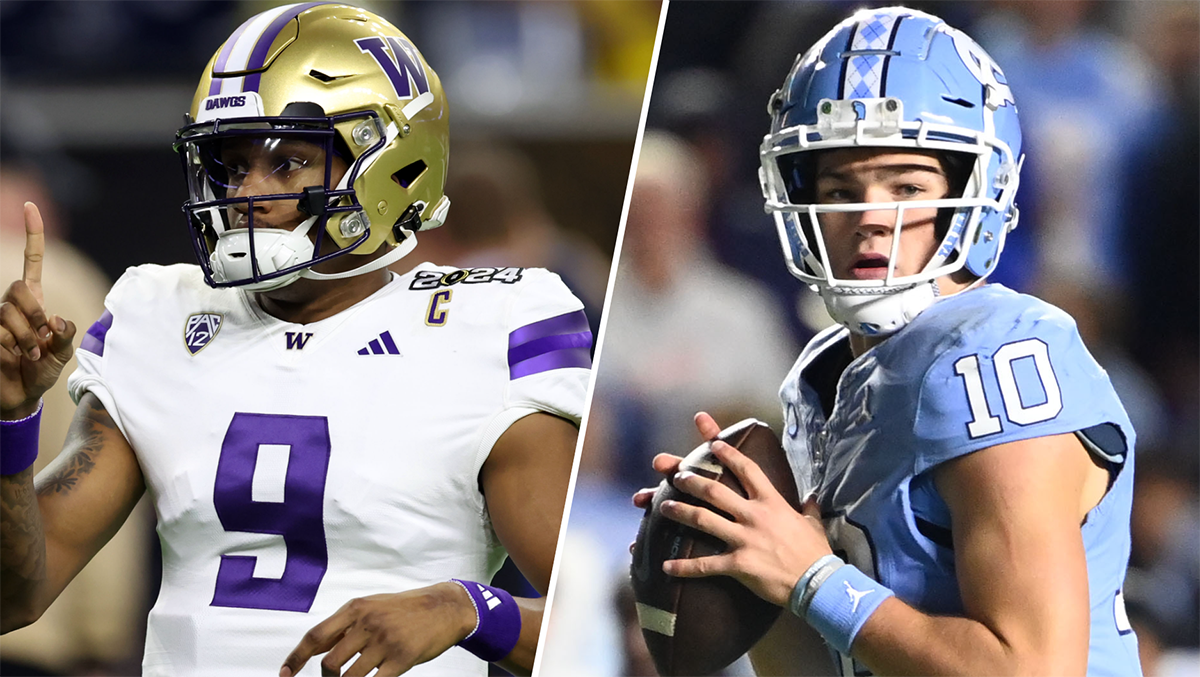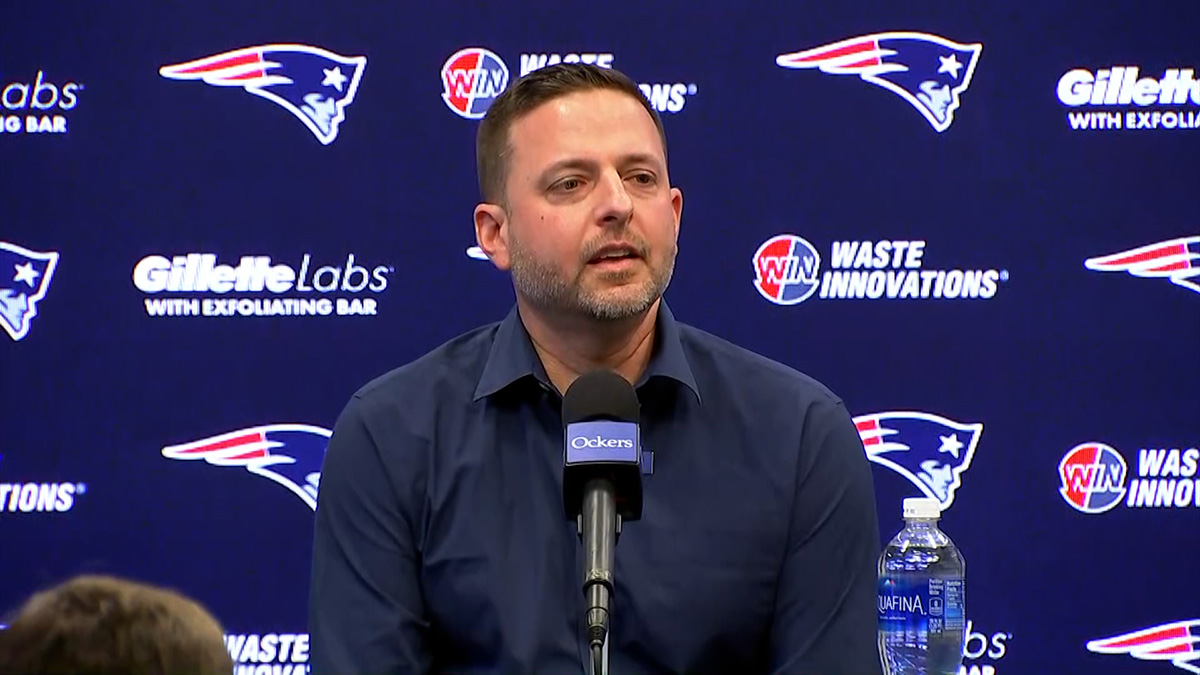
FOXBORO - Tuesday's practice was not a good one for Ryan Mallett. He threw an interception during the situational two-minute drill the team was running and seemed to struggle with accuracy throughout. Late throws into tight coverage. Low throws to receivers causing them to break stride or go to the ground to make plays. High throws inviting trouble. There have been too many during this camp, it seems.
On Wednesday, we asked Bill Belichick for more context. Bad throws and slow decisions aren't good, but what observers -- like the media -- don't know is the circumstances surrounding plays that go bad.
Is it something new to the player? Did something else break down somewhere else that impacted the play? Was the decision good and the execution bad or vice versa? Belichick stressed that those are important variables to consider.
"What you look for is the overall execution by whatever player it is of his assignment, technique, and what happens on the play," Belichick explained. "And as some people like to do, every touchdown is a great play, every interception is the quarterbacks fault. And unfortunately that's just not really the way it works. Sometimes we score in spite of ourselves, and sometimes quarterbacks do the right thing and there are breakdowns somewhere else.
"Sometimes our quarterbacks throw interceptions - like all of our quarterbacks have, like all our receivers have dropped balls, like all of our coaches have made mistakes in some play calling or substitiutions or something that we've done. So, the fewer the better, and the less costly the better. But that's all. That's part of it."
We frequently see players level off or appear to backslide in their second season. Tom Brady did in 2002. More recently, we've seen Matt Ryan, Joe Flacco and Josh Freeman do the same. The reason can be ascribed to the fact players already know what they can do. In Year 2, they are often learning what they cannot do.
"That's part of what practice is for, is to take risks, and to push it to see how far we can go, to see how much you can do," said Belichick. "Sometimes it's going to come up a little bit short, but if it's done in the right context then you learn from that and you realize 'this is how far I can go. I can't gamble beyond this but I can push it to this point'. But if you never push it to that point then I don't think you ever really know who far you can go. So again, that's what practice is for.
New England Patriots
"And every interception in practice, or every play that doesn't get made in practice isn't necessarily a bad play," Belichick added. "We can all learn from those plays provided that we do learn from them and then apply it to a similar situation the next time. Particularly at the quarterback position. There are some balls that you try to sneak in there and you learn that you just can't do that. And then there's other times that you learn that, "Yeah, I can. There's times where this play is OK." And it'll work. There's other plays where you realize you can't do thatAnd that's true with all quarterbacks. I'm not singling anybody out. I'd say everyone that I've coached -- particularly one that I've coached here for a long time -- we talk about that all the time. You can always make the safe throw, make the easy throw, I mean that's OK, but at some point you're going to have to do more than that and you better know what you can do and what you can't do. You better find out in practice before a game because you don't want to be doing that. That's not the time."
Belichick is a staunch supporter of Mallett's work so far.
"I think Ryan has improved significantly from last year," said Belichick. "I try not to get into those expectations, because who knows, guys progress at different rates. But I think what you're looking for is improvement. (The goal) is to see players go out there and perform, take instruction, coaching, film, individual technique work, whatever it is and the next time they get a chance to perform, it's better.
"Mistakes have been corrected now," said Belichick. "Inevitably new things will come up we'll change things and there'll be a new play and so you start all over again. It's a new play, it's a new read, it's a new situation, so we have to learn that one now too."
Mallett's performance -- especially when it comes to accuracy and decision-making -- pales compared to the other two quarterbacks on the roster. But Tom Brady is one of the best to ever play. And Brian Hoyer's strong suits are accuracy and decision-making.
Mallett is a different animal. He's a cannon-armed thrower who's trying to elevate the cerebral part of his game. He needs technical refinement to become more accurate. In short, he's not going to look as good as Brady and Hoyer doing some things, at least not at this point, Belichick seems to be saying.
"For any player, you want to try to make sure that the player is improving," Belichick said. "As long as he's improving, then you're not sure how far he can go. Once they stop improving for whatever the reasons are, once there is no more improvement then you have to decide as an organization what value that player has at that level. If you're happy with it and it's a good level, then great. If it's not and you don't think it's going to get any better then you have to live with that or replace the player with somebody else that maybe isn't as good that you think could be better."
At this point, Mallett's performance level may be fine for a No. 3 quarterback. By the end of this season -- with Hoyer heading toward unrestricted free agency -- will it be good enough to anoint Mallett as Brady's backup?
That long-view is probably more of what the Patriots have in mind. The mistakes, it seems, they can live with. As long as the reason for the mistake is learned and improvement is seen.
Belichick does not like repeat offenders. But at this point, the head coach remains a Mallett defender.


